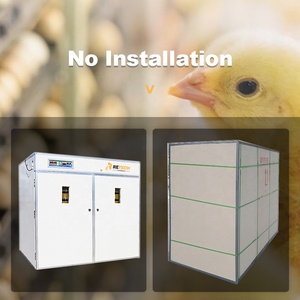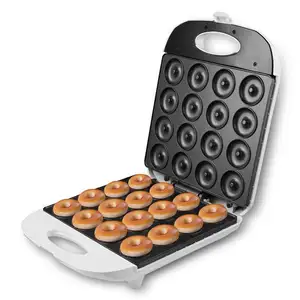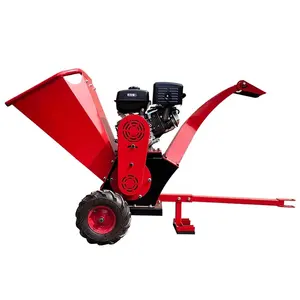Popular in your industry










































































Related Searches:














































































































Top categories
About pigeon hatching eggs
Introduction to Pigeon Hatching Eggs
Pigeon hatching eggs are essential for breeders looking to expand their flock or maintain specific genetic traits within their pigeon population. These eggs are carefully selected for their fertility and quality, ensuring a high hatch rate for successful breeding programs. Understanding the intricacies of pigeon hatching eggs, including the hatching period, hatch days, and overall hatch success, is crucial for breeders aiming to maximize their productivity.
Technical Specifications and Design
When it comes to pigeon hatching eggs, the fertile period is typically around 17 to 19 days after the eggs are laid. This period is crucial for ensuring that the embryos develop properly and are ready for hatching. Pigeon eggs require specific conditions, including consistent temperature and humidity levels, to ensure a successful hatch. The design of the eggs themselves plays a role in their ability to withstand the incubation process and support healthy embryo development.
Factors Affecting Hatch Success
Several factors can influence the success of pigeon egg hatching. The overall health of the breeding pair, the quality of the eggs, and the incubation environment all play a significant role in determining the hatch rate. Breeders must carefully monitor these factors to maximize their chances of a successful hatch. Understanding the ideal conditions for pigeon eggs, such as temperature, humidity, and turning frequency, is essential for promoting healthy embryo development and hatch success.
Benefits of Using Fertile Pigeon Eggs
Using fertile pigeon eggs in breeding programs offers several benefits to pigeon breeders. These eggs provide breeders with the opportunity to selectively breed for specific traits, such as coloration, size, or behavior, to enhance their pigeon population. Additionally, hatching eggs allows breeders to expand their flock or introduce new genetic diversity to their breeding program. By using fertile pigeon eggs, breeders can maintain and improve the overall quality of their pigeon stock.
Choosing Quality Pigeon Hatching Eggs
When selecting pigeon hatching eggs for breeding purposes, breeders should prioritize quality and fertility. Look for suppliers who offer eggs from healthy breeding pairs with a proven track record of successful hatches. Additionally, consider the shipping and handling practices of the supplier to ensure that the eggs arrive in optimal condition for incubation. Choosing high-quality pigeon hatching eggs is essential for achieving successful hatches and maintaining a healthy pigeon population.
Optimizing Incubation and Hatching
To optimize the hatching process, breeders should carefully monitor and adjust the incubation environment to meet the specific needs of pigeon eggs. This includes maintaining a stable temperature between 99.3 to 99.6 degrees Fahrenheit and a humidity level of around 55% to 60%. Regularly turning the eggs during incubation helps prevent the embryos from sticking to the shell and promotes even development. By following best practices for incubation and hatching, breeders can increase their chances of a successful hatch and healthy chicks.
Maintaining Egg Health and Viability
Proper egg handling and storage are essential for maintaining the health and viability of pigeon hatching eggs. Avoid sudden temperature changes and rough handling that can damage the eggs or disrupt embryo development. Store the eggs in a cool, dry place with consistent humidity levels until they are ready for incubation. By prioritizing egg health and viability, breeders can ensure the best possible outcomes for their breeding programs.
Ensuring Hatchling Well-Being
Once the pigeon eggs have hatched, it's crucial to ensure the well-being of the hatchlings. Provide a clean and warm brooder environment with access to fresh water and appropriate pigeon feed. Monitor the hatchlings closely for any signs of illness or distress and provide necessary care as needed. By prioritizing the well-being of the hatchlings, breeders can set them up for healthy growth and development.
Conclusion
Overall, pigeon hatching eggs play a vital role in the success of breeding programs for pigeon enthusiasts and commercial breeders alike. By understanding the technical specifications, factors affecting hatch success, and best practices for choosing, incubating, and maintaining pigeon eggs, breeders can optimize their breeding programs and achieve successful hatches. Prioritizing quality, fertility, and proper care throughout the hatching process is key to ensuring the health and vitality of the pigeon population.






































































